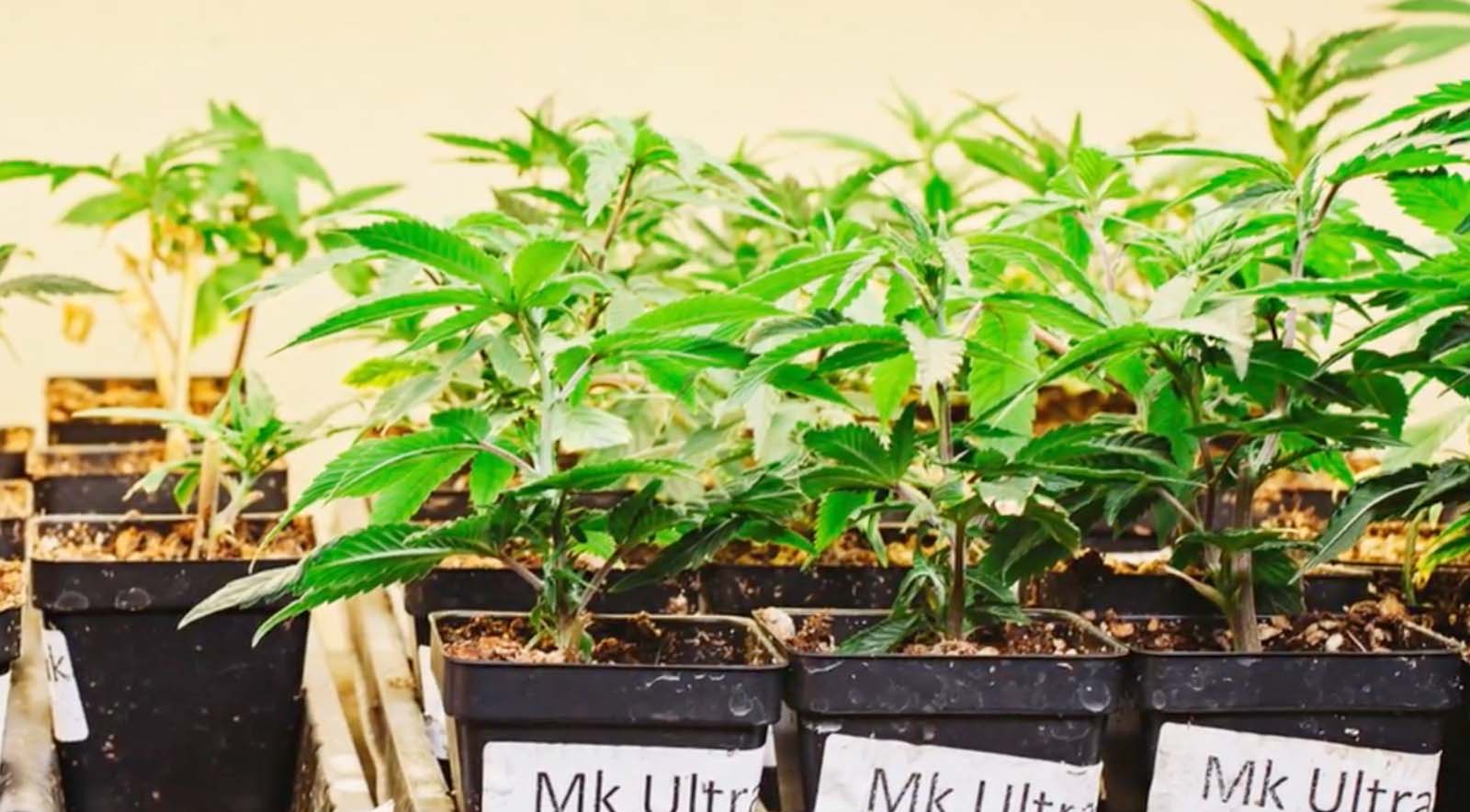Last week, around 150 people gathered at the Expo Center in Los Angeles to discuss concerns over ensuring racial diversity in California's rapidly growing cannabis industry. This town hall meeting will be the “first of several” such hearings that will focus on the ramifications of full recreational legalization in the state, according to Assemblyman Reggie Jones-Sawyer.
“The war on drugs has really been a war on communities of color,” said Jones-Sawyer, whose Assembly district comprises a majority of black and Latino constituents. At the hearing, he explained that he got involved in cannabis regulations to ensure that the new rules would “unwind all the damage” done to minority communities, rather than make it worse.
Jones-Sawyer called members of the community his “soldiers and advocates,” and urged them to directly get involved in the cannabis industry. “We get so afraid of the form and the bureaucracy and going into the building, we end up not participating at all,” he said. The Assemblyman encouraged potential business owners to consider opening cannabis cultivation businesses on Alameda Street, an avenue in his district that currently boasts one of the largest numbers of cannabis manufacturers in the state.
The meeting provided a basic, ground-floor guide on how to get started in the cannabis industry. Lori Ajax, head of the state Bureau of Medical Cannabis Regulation, described the state's new application process, which will allow potential business owners to apply for a license and pay their fees online, and then receive notifications of acceptance or denial via email. “Hopefully it’s going to be as easy as that,” she said.
Also present at the meeting was Virgil Grant, co-founder of the Southern California Coalition and the California Minority Alliance. Grant has been working through these organizations to develop an equity program for the cannabis industry with L.A. city officials. At the hearing, Grant explained the importance of ensuring that this equity program was incorporated from the start. “We don’t want it to be an afterthought,” he said.











